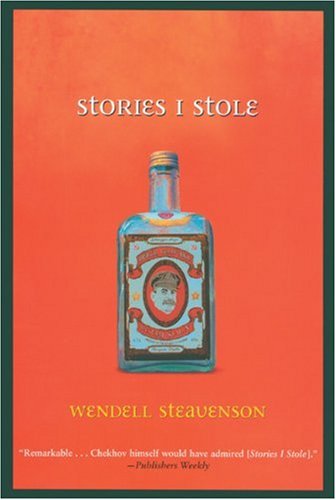 “Orientalism and Empire” sheds new light on the little-studied Russian empire in the Caucasus by exploring the tension between national and imperial identities on the Russian frontier 유오기 다운로드. Austin Jersild contributes to the growing literature on Russian “orientalism” and the Russian encounter with Islam, and reminds us of the imperial background and its contribution to the formation of the twentieth-century ethno-territorial Soviet state 다운로드. “Orientalism and Empire” describes the efforts of imperial integration and incorporation that emerged in the wake of the long war. Jersild discusses religion, ethnicity, archaeology, transcription of languages, customary law, and the fate of Shamil to illustrate the work of empire-builders and the emerging imperial imagination 다운로드. Drawing on both Russian and Georgian materials from Tbilisi, he shows how shared cultural concerns between Russians and Georgians were especially important to the formation of the empire in the region 아비드 다운로드.
“Orientalism and Empire” sheds new light on the little-studied Russian empire in the Caucasus by exploring the tension between national and imperial identities on the Russian frontier 유오기 다운로드. Austin Jersild contributes to the growing literature on Russian “orientalism” and the Russian encounter with Islam, and reminds us of the imperial background and its contribution to the formation of the twentieth-century ethno-territorial Soviet state 다운로드. “Orientalism and Empire” describes the efforts of imperial integration and incorporation that emerged in the wake of the long war. Jersild discusses religion, ethnicity, archaeology, transcription of languages, customary law, and the fate of Shamil to illustrate the work of empire-builders and the emerging imperial imagination 다운로드. Drawing on both Russian and Georgian materials from Tbilisi, he shows how shared cultural concerns between Russians and Georgians were especially important to the formation of the empire in the region 아비드 다운로드.
Jersild, A. (2002). Orientalism and Empire: North Caucasus Mountain Peoples and the Georgian Frontier, 1845-1917 스타 유즈맵 다운로드. McGill-Queen’s Press-MQUP.
See on books.google.com; Review (Mark Bassin, Canadian Journal of History)

 “The author discusses the experience of Georgia following the collapse of the Soviet Union in a broad analytical and empirical framework
“The author discusses the experience of Georgia following the collapse of the Soviet Union in a broad analytical and empirical framework  After working for Time magazine in London, Wendell Steavenson spent two years in the former Soviet republic of Georgia
After working for Time magazine in London, Wendell Steavenson spent two years in the former Soviet republic of Georgia  This book examines how the Russian Empire expanded across the barrier of the Caucasus mountains to take control of the Georgian lands at the close of the 18th century
This book examines how the Russian Empire expanded across the barrier of the Caucasus mountains to take control of the Georgian lands at the close of the 18th century  Jonathan Wheatley examines the tortuous process of regime change in Georgia from the first pro-independence protests of 1988 to the aftermath of the so-called Rose Revolution in 2004
Jonathan Wheatley examines the tortuous process of regime change in Georgia from the first pro-independence protests of 1988 to the aftermath of the so-called Rose Revolution in 2004